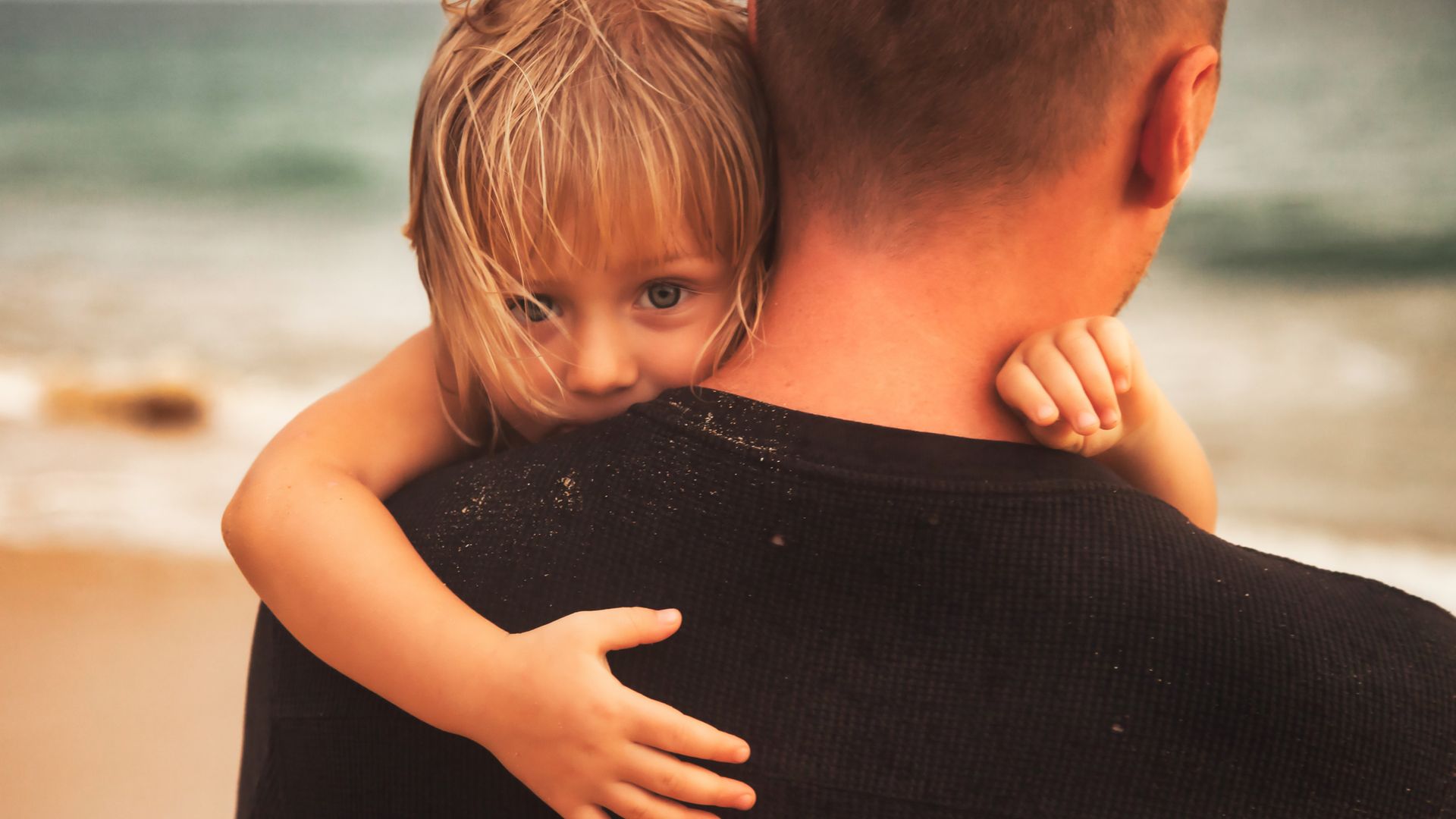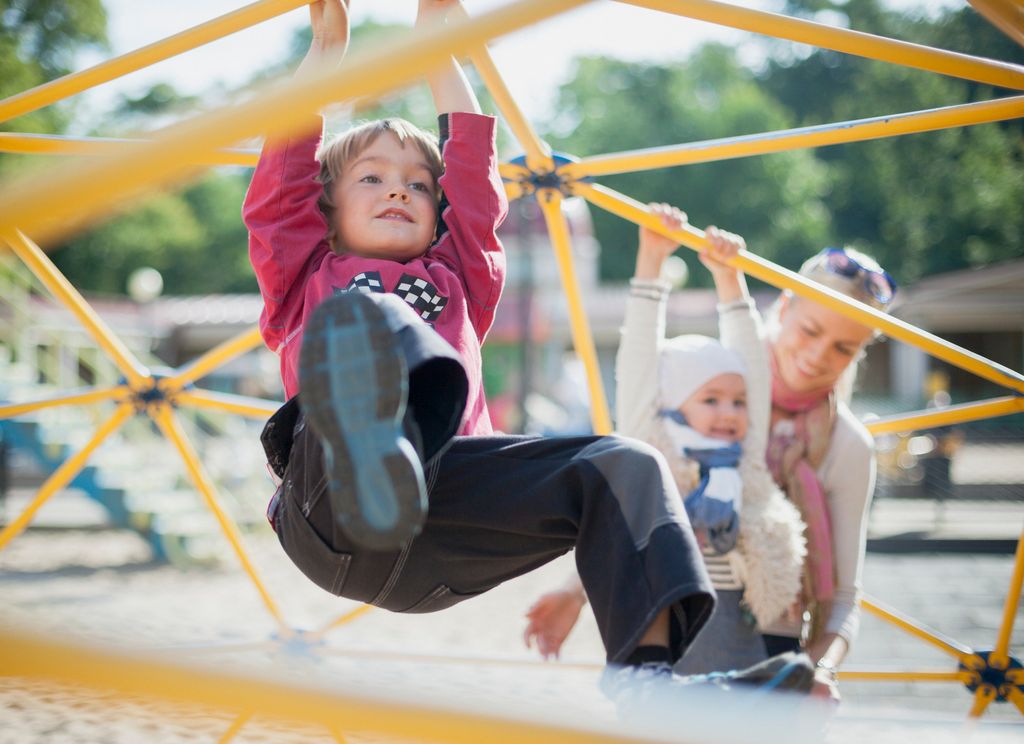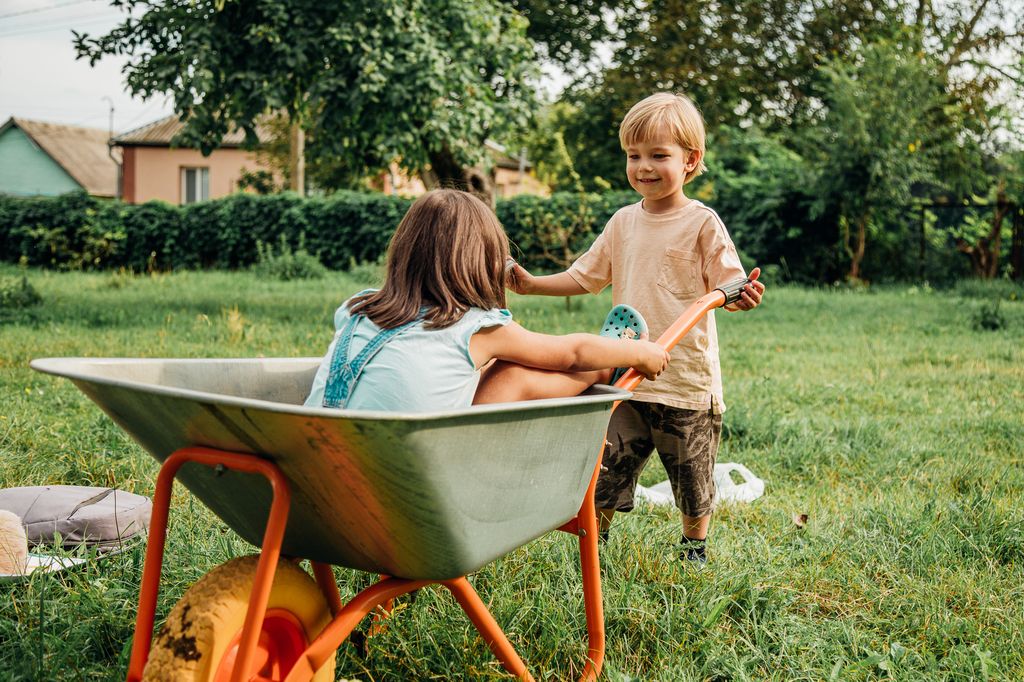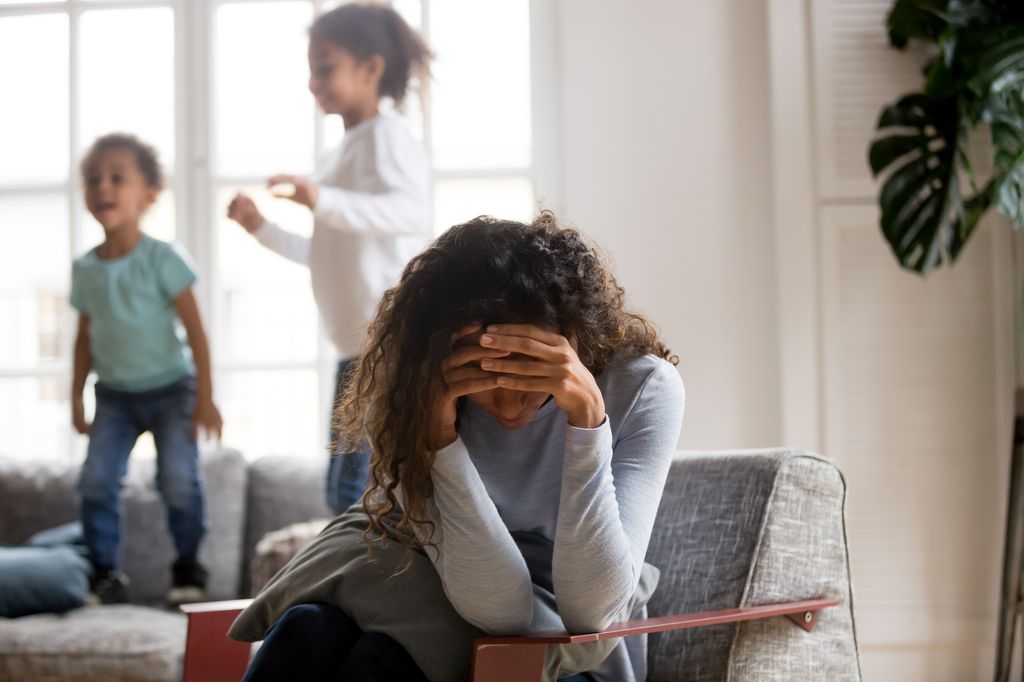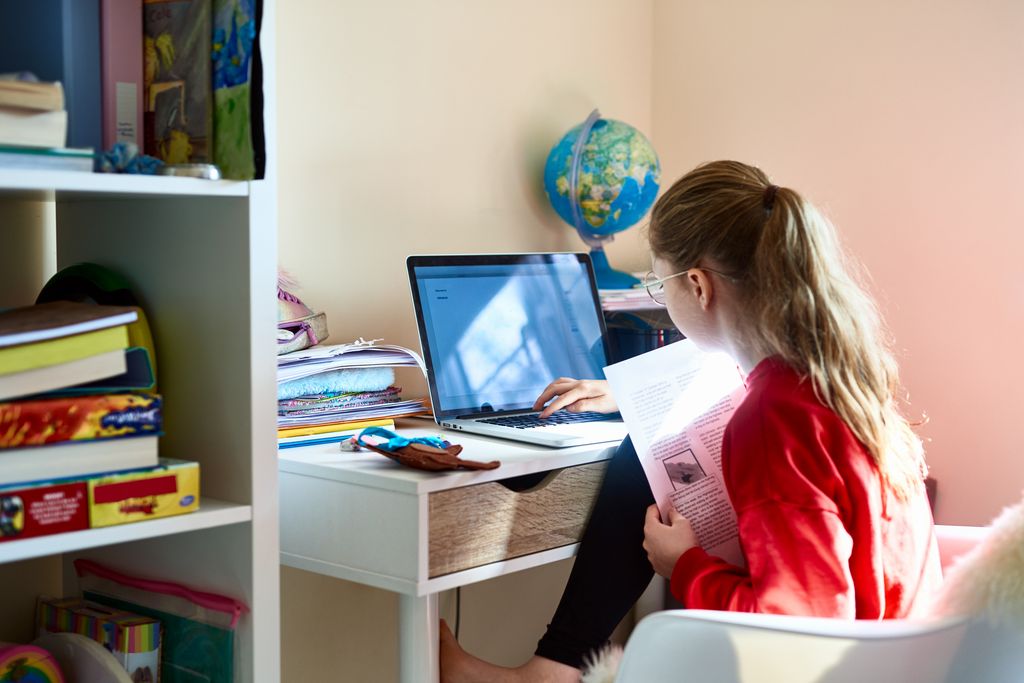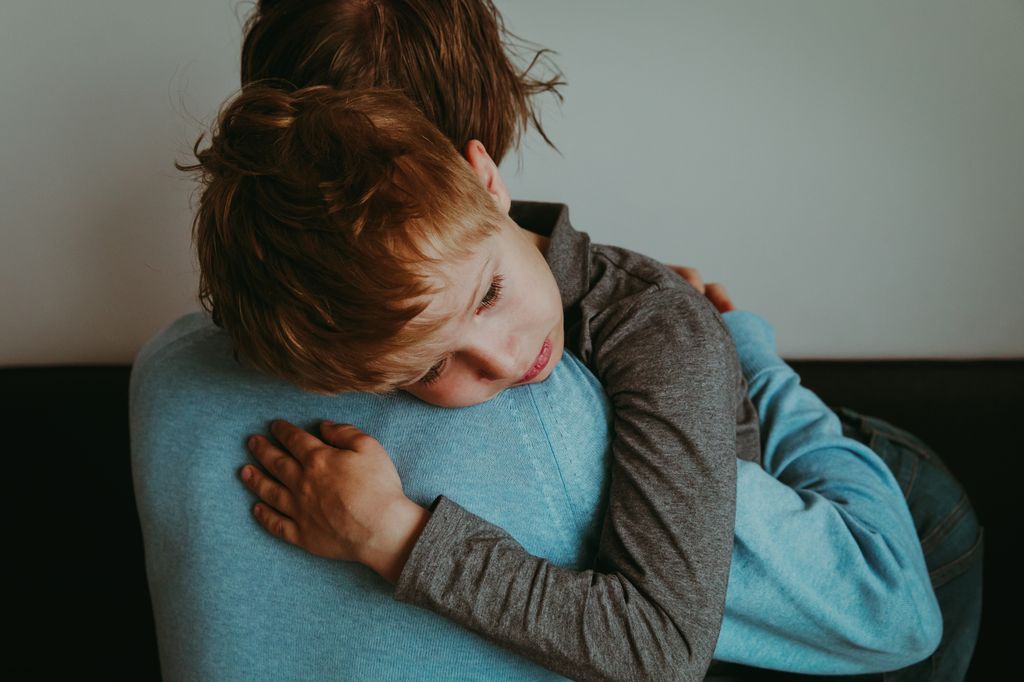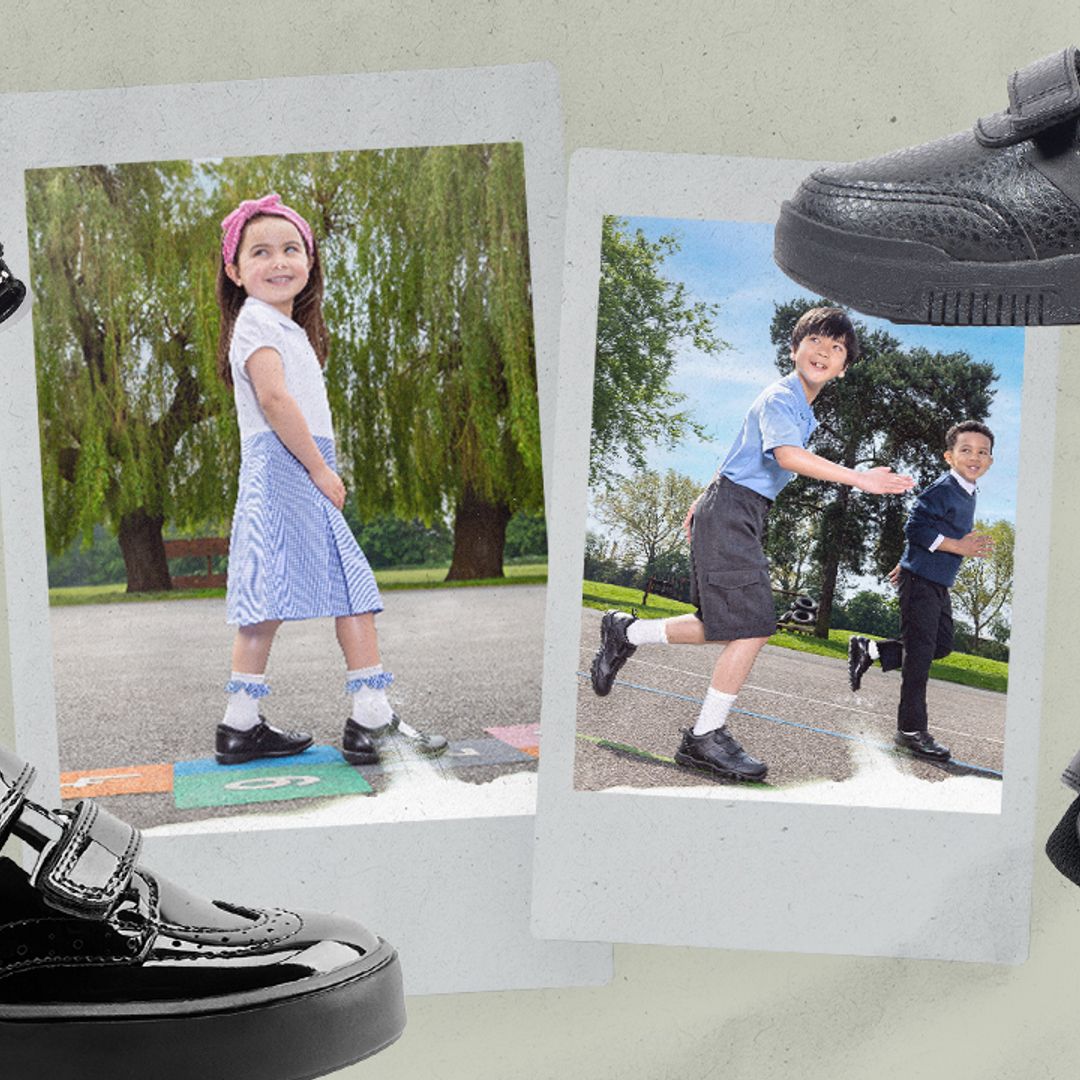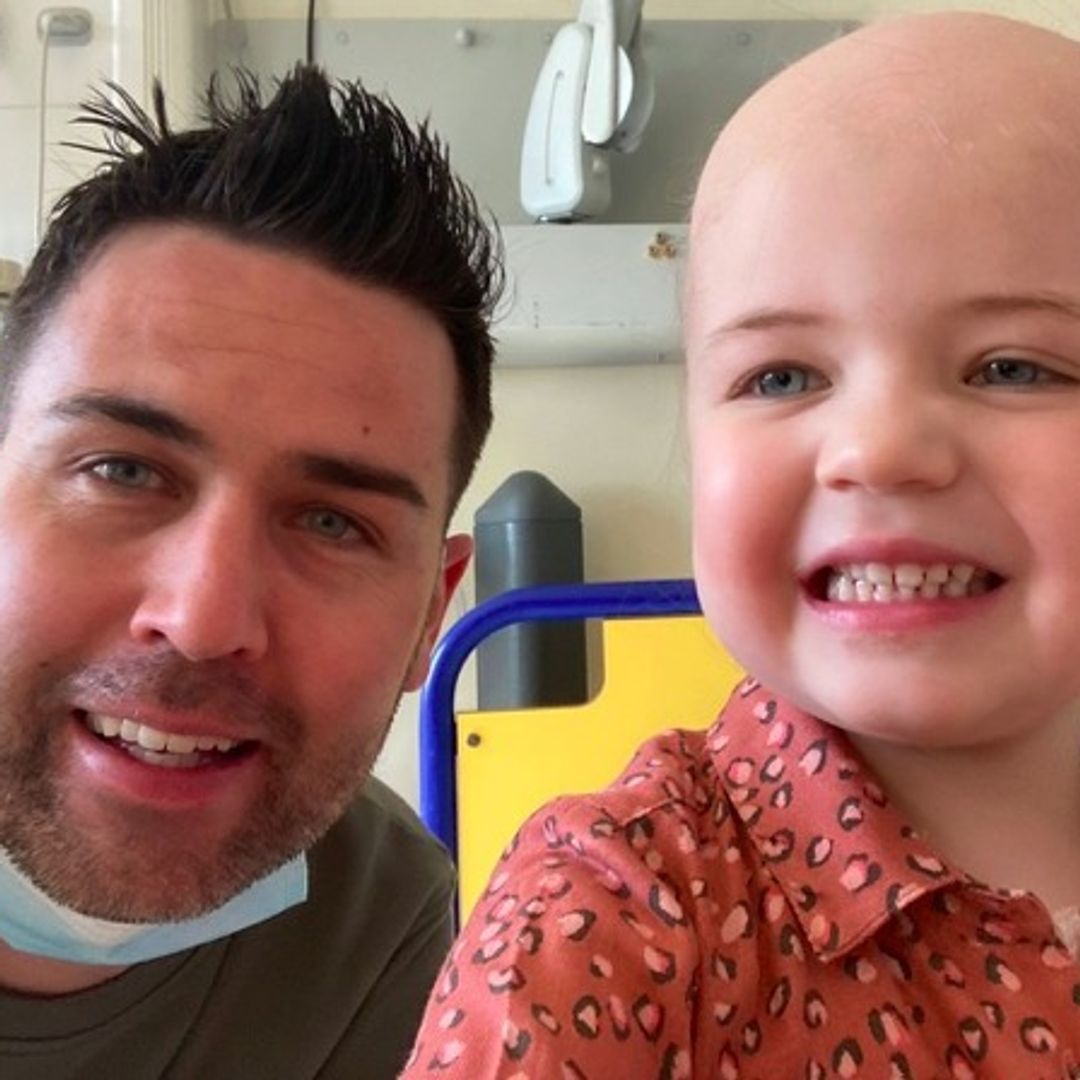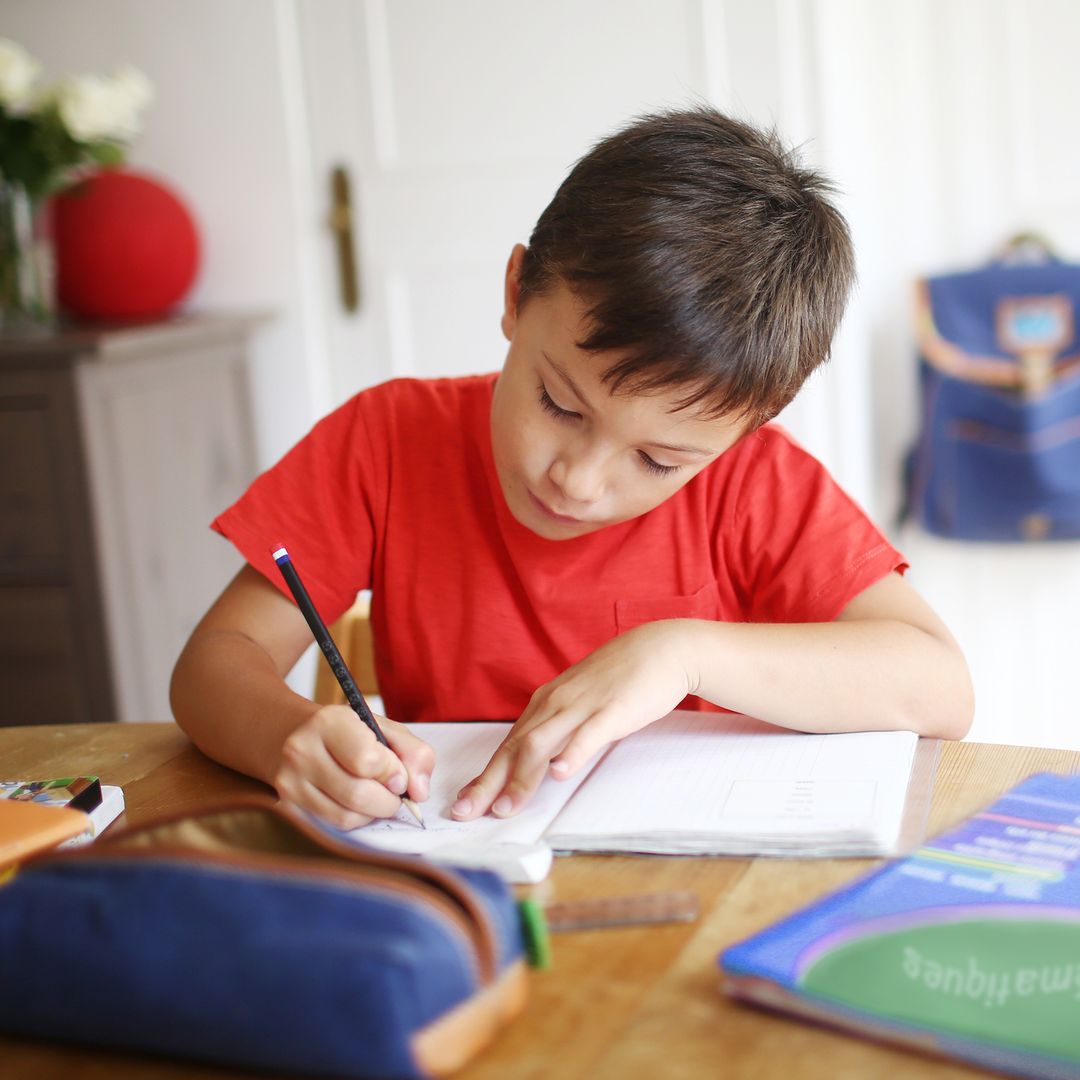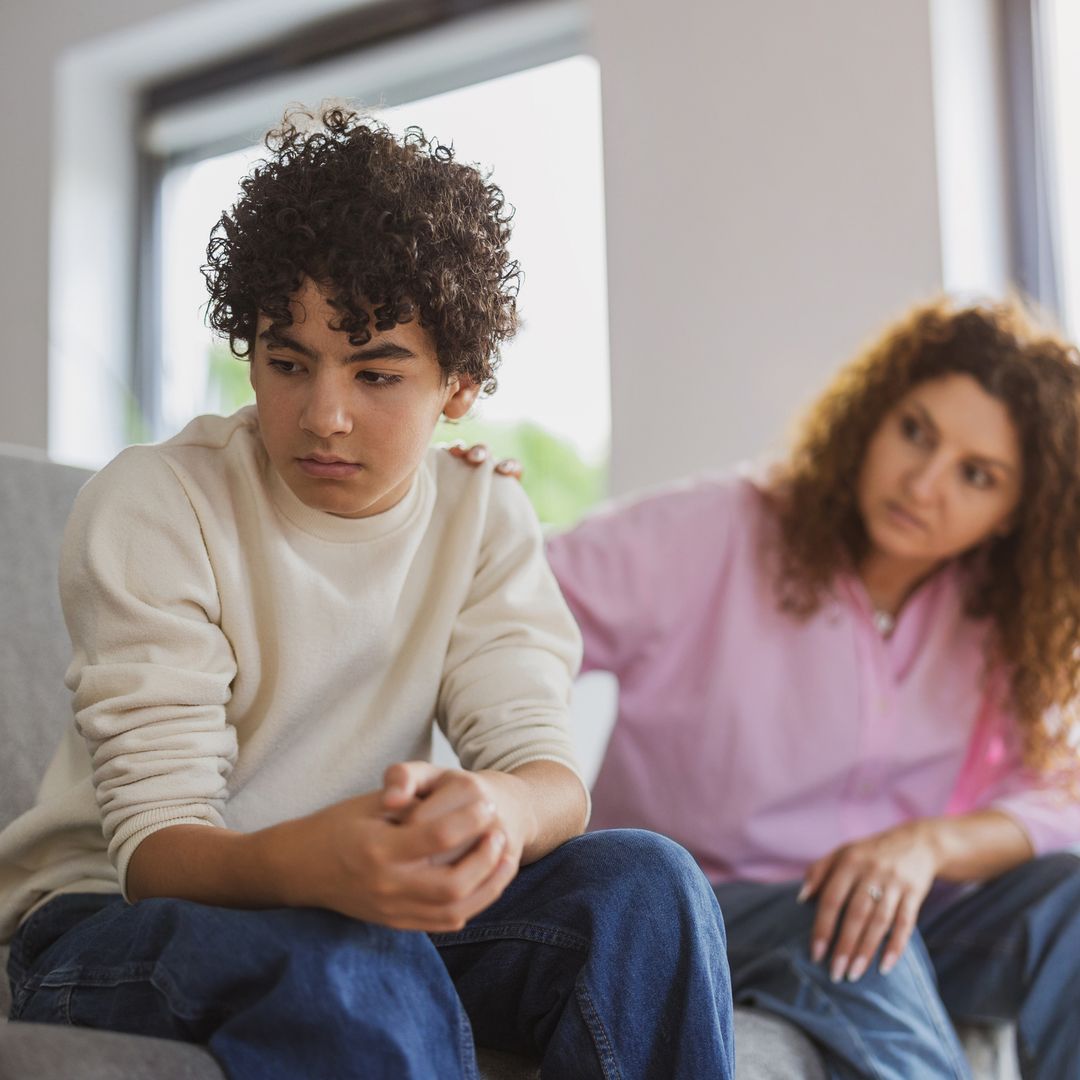Summer is synonymous with sunshine, holidays and picnics, but not everything is as rosy as it seems for families.
With schools out for the summer, the lack of a daily routine can have negative effects on children's mental health. According to Paige Fujiu-Baird, clinical psychologist, psychotherapist and Clinical Director of Talking Therapies at Clinical Partners, it can cause feelings of "loneliness" and "emotional withdrawal", while parents also suffer from "burnout."
A survey of more than 1,000 parents, conducted by Ipsos on behalf of The Kids Mental Health Foundation, found that the 'Sunday scaries' are replaced by the 'summer scaries', with half of parents equally concerned about their child's mental health during school holidays as they are during the school year.
Screen time (38 per cent), boredom and lack of structured activities (34 per cent), and disrupted routines or sleep schedules (26 per cent) were among the top concerns.
So how can we make summer about rest and relaxation while protecting the whole family's mental health? Paige reveals all…
How summer impacts kids' mental health
"Summer can be destabilising for many children, particularly those who thrive on routine, structure and access to school-based support such as counselling. Beyond academics, school provides a vital rhythm to the day, regular social interaction and often quiet emotional support from teachers or peers.
"Without that predictability, children can feel disconnected, aimless or overstimulated – from increased screen time, disrupted sleep patterns or simply feeling lonely," said Paige.
Irritability, emotional outbursts, low motivation, difficulty sleeping or withdrawal from family life can be some ways this manifests itself.
She added that this lack of routine can be even more challenging for neurodivergent children, such as those with autism or ADHD.
"Children with additional needs often rely heavily on routine to help regulate their emotions and behaviour. The sudden change in schedule can lead to heightened anxiety, meltdowns or emotional withdrawal.
"It’s not about a child being 'difficult' – these are signs of stress and distress that need support and understanding," she said.
How summer impacts parents' mental health
School breaks often pose a logistical challenge for parents when it comes to navigating their work schedules and childcare. But there is also an emotional weight that's easy to overlook.
"The pressure to make summer feel 'special' can bring guilt, overwhelm or even burnout. When children are unhappy or unsettled, many parents question whether they’re doing enough – and without financial breathing room or a support network, that stress can quickly build. It’s a cycle that affects the whole family," she noted.
A child’s wellbeing is closely tied to the emotional health of their caregivers, which is why it's imperative we address the whole family's mental wellbeing.
She encouraged parents to seek help and support where needed. "Emotional wellbeing matters just as much as staying active or keeping up with learning. With the right mix of structure, understanding and support, families can thrive – even in the most unstructured days.
"Many schools, local authorities and charities provide holiday-specific support, from play schemes and food banks to mental health resources. Knowing what’s available in advance can help make timely support easier to access.
"If things feel tough, remember you’re not alone – support is available," she added, referring to GPs and independent providers like Clinical Partners.
How to keep your family emotionally well, according to experts
Looking for simple ways to help? Paige pointed out six expert-backed strategies to help families prioritise their mental health:
Daily rhythm
"Introduce a loose but predictable structure to each day, such as consistent wake times, meals, screen breaks and activities, to help children feel grounded and secure."
Purposeful screen time
"Not all screen time is unhelpful – educational apps, creative platforms or games played together can encourage connection. But setting limits and offering alternatives is key."
Plan for connection and calm
"Schedule regular, low-pressure moments to connect – a walk, a craft activity or quiet reading time. These simple routines can buffer stress for both children and parents."
Prioritise movement and outdoor time
"Daily movement – like walking, cycling, swimming or just playing outside – supports emotional regulation, reduces stress and provides a break from screens and overstimulation."
Acknowledge emotions openly
"Normalise conversations about boredom, loneliness or anxiety. Let your child know it’s okay to talk, and that adults experience big feelings too."
Prioritise parent self-care
"Whether it’s a solo walk, time with friends or asking for help from family, taking care of your own wellbeing helps you support your child more effectively. Seek respite where possible and set realistic expectations, you don’t have to do it all."
